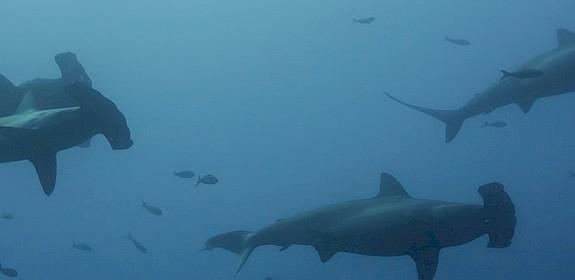Red list changes highlight threats from over-exploitation
Gland, Switzerland, 10th November, 2011—the latest update of the world’s list of threatened animals and plant species—the IUCN Red List of Threatened Species—carried out by IUCN (International Union for Conservation of Nature) reveals mixed fortunes for many species.

“This update offers both good and bad news on the status of many species around the world,” says Jane Smart, Director, IUCN Global Species Programme.
“We have the knowledge that conservation works if executed in a timely manner, yet, without strong political will in combination with targeted efforts and resources, the wonders of nature and the services it provides can be lost forever.”
The revised list finds an alarming 40% of Madagascar’s terrestrial reptiles are threatened. TRAFFIC has drawn attention to the rampant illegal trade in many of the country’s threatened reptile species, which unless addressed will undermine the laudable creation of conservation areas to protect species like Tarzan’s Chameleon Calumma tarzan, Bizarre-nosed Chameleon Calumma hafahafa and Limbless Skink Paracontias fasika.
Although the number of plant species assessed remains relatively low, some have deteriorated in status, like Taxus contorta, which has declined from Vulnerable to Endangered because of over-harvesting. In 2007, TRAFFIC documented China’s role in the continuing and unsustainable trade in wild Yew trees in the Genus Taxus, whose bark and needles are harvested for the production of anti-cancer medicines.
Others, like the Coco de Mer from the Seychelles—known for its supposed aphrodisiac properties—have declined partly because although all collection and sale of its seed is highly regulated, there is thought to be a significant black market trade in its seed kernels.
The assessment of the world’s tuna species is particularly serious, with five of the eight tuna species in the threatened or Near Threatened categories. TRAFFIC has highlighted the over-fishing of some tuna species, which is placing them at risk of extinction.
26 recently discovered amphibian species have been assessed for the first time, including two—the Blessed Poison Frog Ranitomeya benedicta and Summers’ Poison Frog Ranitomeya summersi that are classified as Vulnerable and Endangered respectively. Both are threatened through a combination of habitat loss and harvesting for the international pet trade.
The ongoing poaching of rhinos is also reflected in the revised Red List, with the status of a number of subspecies deteriorating. It includes formal confirmation of the extinction of the Western Black Rhino Diceros bicornis longipes.
“Even a quick perusal of the threats facing the world’s wild plants and animals identified through the IUCN Red List process reveal the problems caused by unsustainble trade and the danger it poses as a major driver of extinction,” said Steven Broad, Executive Director of TRAFFIC.




